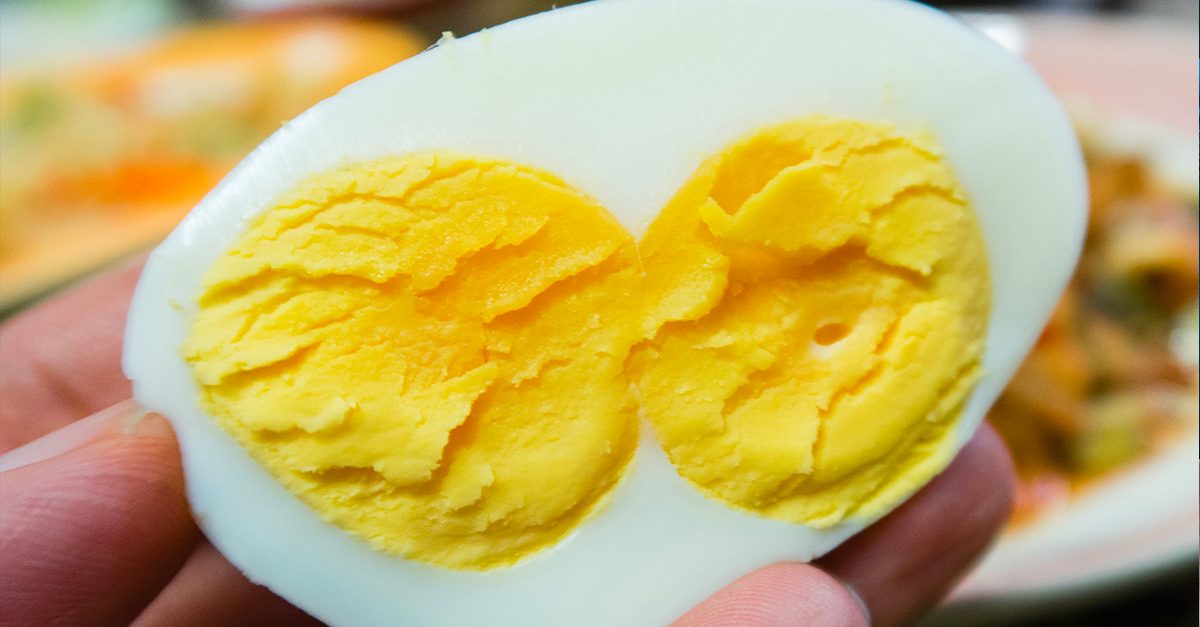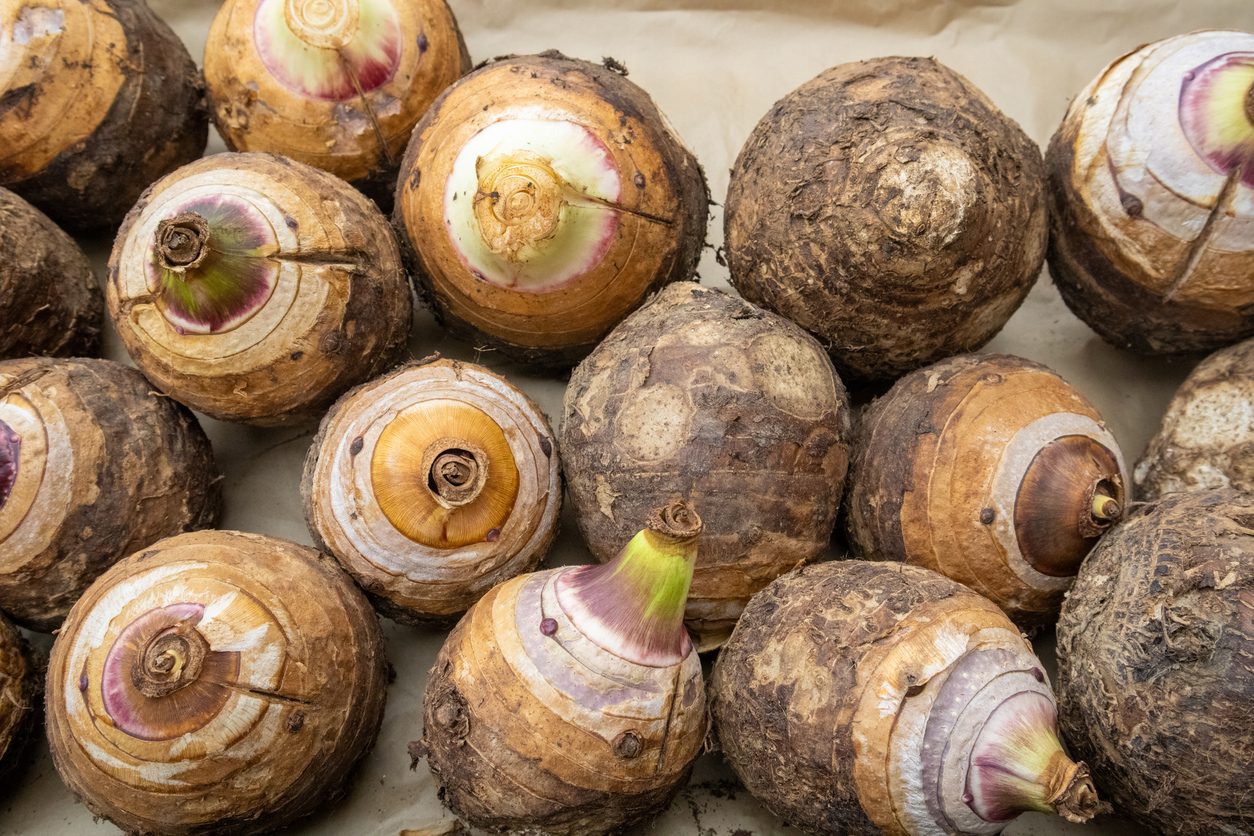Everything You Need To Know About Eggs That Have Two Yolks
If you've ever come across an egg that had two yolks then we bet your reaction was utter surprise and perhaps bewilderment at the possibility of seeing such. And if you haven't, well, you must know that it is possible. Is such an egg safe to eat? Yes, absolutely. Will it give you luck? Well, maybe not. Read on to know more about the science behind this rare occurrence.
;Resize,width=742;)
Eggs with two yolks are more commonly termed, "double yolkers" and they are a rare phenomenon — crack 1,000 eggs and you might only find one double yolker!
Fortunately, there's no need to worry about how safe it is to eat a double yolker. They are just like any egg you've ever had; they just come with an extra yolk. A double yolk occurs when a hen’s body releases more than one egg during her daily ovulation cycle.

Like human beings, there's a chance that two — or more — eggs could make their way from the ovary and through the reproductive tract. That also means that you can find as many yolks as possible in an egg, although this is increasingly rare.

Here's the science behind the unique phenomenon:
Just like humans, hens naturally have two ovaries. As the chick matures into an adult hen, her right ovary shrivels up, leaving her left ovary to handle the task of producing and releasing eggs.
Note that when we refer to the eggs that come from a hen’s ovaries, we’re only talking about the round yellow part we know as “yolks.” The other stuff that makes the complete egg doesn't come until later in the entire process.
A full-grown hen releases one yolk every 25 to 27 hours, or roughly once each day. The yolk then travels down her fallopian tube collecting the additional materials that make up an egg.
It's impossible to completely understand what happens to cause a double egg. However, as best as scientists can tell, a double yolk occurs when something interferes with the rhythm of a hen’s reproductive system.

In simpler terms, something causes her reproductive process to speed up, releasing two yolks rather than one. This happens most frequently in immature hens that lay eggs even without the complete development of their reproductive system.
While it occurs less commonly, older hens can also release double yolks when their system is beginning to deteriorate and isn’t regulating itself the way it should.
TAKEAWAY: Double yolkers are rare to find but when you do, remember that they are completely safe for consumption.
;Resize,width=767;)
;Resize,width=712;)
;Resize,width=712;)
;Resize,width=712;)
